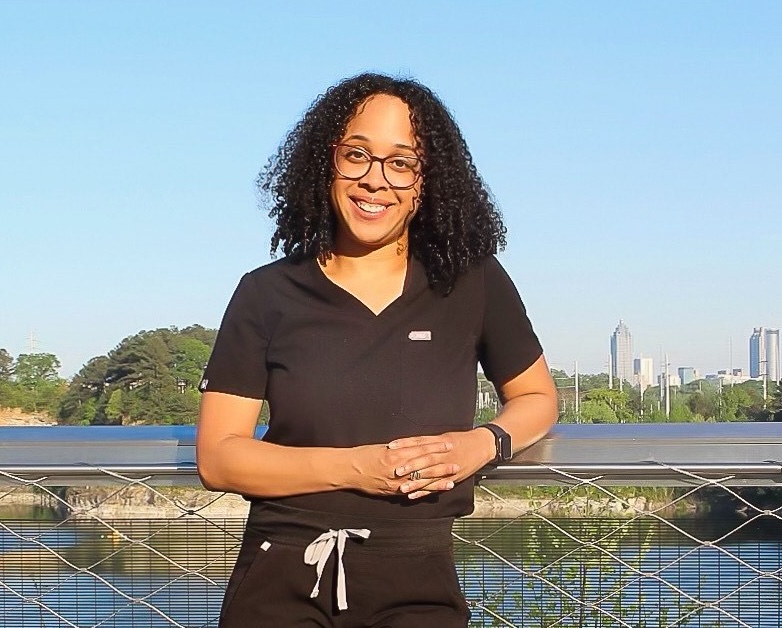On August 6th, Michael Bloomberg announced a move that could reshape the future of healthcare. His recent $600 million gift (through Bloomberg Philanthropies) to four historically Black medical schools is to help bolster their endowments is more than a financial boost. It’s a step towards a more equitable healthcare system.
Where is the Donation Going?
Bloomberg’s gift of $175 million each to Howard University College of Medicine, Morehouse School of Medicine, Meharry Medical College, and another $75 million to Charles Drew University of Medicine & Science can be used to address the glaring disparities in medical education and healthcare outcomes for Black Americans. He also gave seed funding for Xavier’s Ochsner College of Medicine in New Orleans.
But the story doesn’t end there. This donation has the potential to overlap with broader issues, one being the retention and support for minority physicians, particularly women of color, as highlighted in the 2023 Women Physicians of Color Study, A Prescription for Change: Addressing Retention Among Women Physicians of Color in California, conducted by Physicians for a Healthy California (PHC) in collaboration with University of California Health released this spring.
“Addressing health disparities and underrepresentation in the medical field are critical challenges, and Bloomberg Philanthropies is dedicated to making a difference. By building on our previous support, this gift will empower new generations of Black doctors to create a healthier and more equitable future for our country,” said Michael R. Bloomberg, former New York mayor and founder of Bloomberg Philanthropies, in a statement.
Increasing the Number of Black Doctors
Bloomberg’s donation is a strategic investment in healthcare transformation. By strengthening the financial stability of these institutions, this contribution can help increase the number of Black doctors in the U.S.
Currently, Black physicians make up approximately 6% of the medical workforce, even though Black Americans represent 13% of the population. This gap has serious consequences for healthcare equity.
Numerous studies show that patients often receive better care from providers who share their racial or ethnic background. And we’re not just talking about hospitality. More Black doctors could mean better health outcomes, lower mortality rates within our community, and a more diverse healthcare workforce. Our community has historically faced challenges within the healthcare system, and many disparities still linger today. Bloomberg’s donation is a step towards addressing these issues, which our country truly needs.
Why Retention is Important
While increasing the number of Black physicians is at the forefront of our minds, we should also consider an equally important factor: retention. The PHC study sheds light on the challenges faced by women physicians of color and reveals some shocking statistics. In 2022, 45.8% of women physicians of color reported experiencing burnout, a significant rise from 37.2% in 2018. This increase is mainly attributed to the additional stressors brought on by the COVID-19 pandemic.
Additionally, approximately one in four women physicians of color reported experiencing discrimination in the workplace or having their competence questioned by colleagues monthly. This persistent bias adds extra stress to their already demanding roles.
Within the first six years post-residency, women physicians of color are more likely than their male counterparts to work part-time or leave the profession altogether.
Key stressors contributing to this include increased administrative burdens, overwhelming patient volume, and staff shortages.
The study also highlighted that moral injury, rather than personal characteristics, is a notable driver of physicians’ desire to leave the workforce. Moral injury refers to the psychological distress experienced when one’s moral code is challenged by operating within certain systems or under specific authorities.
Despite these challenges, the study revealed that experiences of community and belonging among women physicians of color serve as a form of protection. Supportive networks and representation in leadership are essential for their well-being. These findings highlight the need for systemic changes to support women physicians of color. Addressing these issues is not just about increasing numbers; it is about creating an environment where these talented professionals can thrive and continue to provide the high-quality care that all communities deserve.
Looking at All Angles
Patients don’t just experience disparities in healthcare; the physicians in our community are also navigating a maze of bias and systemic hurdles. To truly transform our healthcare system, we need to examine it from every angle.
Bloomberg’s donation and the findings of the PHC study present a unique opportunity to address these challenges holistically. While the financial support from Bloomberg Philanthropies will help reduce the debt burden for many Black medical students, it is equally important to create supportive environments that address the specific needs of diverse groups. An excellent place to start would be for women physicians of color to implement policies that reduce administrative burdens, promote work-life balance, and prioritize inclusive workplaces free from discrimination and bias. The PHC study also highlights the importance of community for physicians of color. This insight can guide the creation of networks and mentorship programs that provide genuine support, enabling our physicians to thrive in their careers.
So, you see, the donation is more than just new buildings or additional parking spots on campus; it can be the seed for new initiatives that increase the number of Black doctors and support their long-term retention and success. We have much to look forward to regarding the future of these HBCU medical schools.
If you know a medical student, check in on them and see how they are doing. As we know, building a solid and equitable healthcare system takes a village.




![Healthy Coconut Caramel Almond Flour Cookies [grain-free + no added sugar]](https://i0.wp.com/healthyhelperkaila.com/wp-content/uploads/2024/09/an-overhead-photo-of-a-batch-of-homemade-caramel-a-VkJtFzoJT9OQ1HcdIYLKvA-o2Ndk98OQKKglk_fop8vPA.png?fit=863%2C850&ssl=1)





![Healthy No-Bake Mint Chocolate Truffles [high protein + no added sugar]](https://healthyhelperkaila.com/wp-content/uploads/2024/08/IMG_1902-e1724891697681.png)







 English (US) ·
English (US) ·